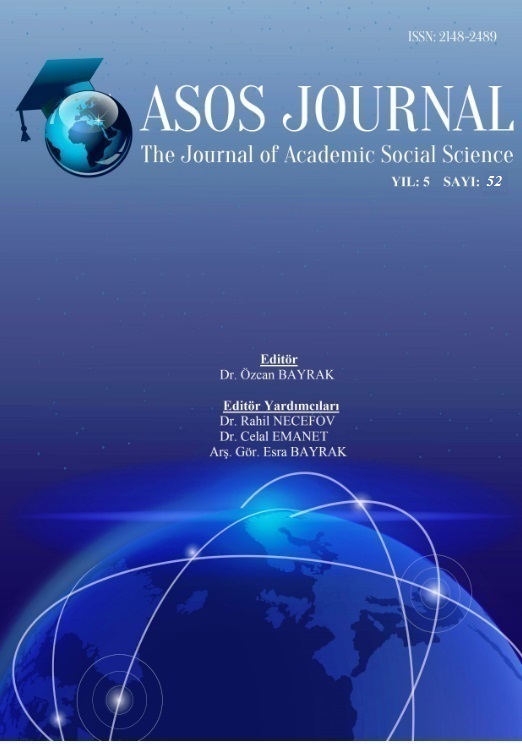Author :
Abstract
Kant, bütün felsefi hayatı boyunca kötülük kavramına örtük veya açık biçimde yer vermiştir. Lizbon Depremi üzerine yazdığı makalelerde bunu örtük halini görmek olanaklıdır. Öte yandan teodise üzerine yazdığı makalede, geleneksel kötülük kavrayışına nasıl karşı olduğunu, aklın mahkemesi önünde ifade etmeye çalışmıştır. Eleştiri-sonrası döneminde daha çok kişilerarası ilişkilerde etik ilkeler bakımdan uygun bir eylemin olanaklarına odaklanır. Bu bağlamda aklın, kendisinin oluşturduğu ahlak yasası aracılığıyla belirlenen istenç ile ilişkisini ele almıştır. Bu noktada kötülük, istencin ahlak yasasına uymak yerine başka güdüleyicilere uyması olarak belirlenir. Antropolojik ve dinsel çalışmaları kapsamında Kant ilerleyen yıllarda, kötülüğün kendi başına ne anlama geldiğine odaklanır. Düşüncelerini radikal kötülük teziyle temellendirir. Tezi, yüzeysel biçimde söylenecek olursa, üç varsayıma dayanır. (1) İnsan doğal olarak doğuştan kötülüğe yatkındır. (2) Kötülüğe yatkınlık evrenseldir. (3) Kötülüğün insan doğasındaki kökü kazınamaz. Çalışmanın ilk amacı Kant’ın radikal kötülük tezini bu üç kabul bağlamında incelemektir. İkinci olarak bu tezin önceki düşünceleriyle tutarlı olup olmadığını değerlendirmektir. Üçüncü olarak bu tez ile Arendt’in kötülüğün sıradanlığı tezi arasındaki bağlantıya kısaca temas etmektir.
Keywords
Abstract
Kant gives place to the concept of evil sometimes clearly and sometimes implicitly throughout his philosophical life. It is possible to find this in his articles on Lisbon earthquake implicitly. On the other hand for instance in his article on theodicy he expresses his rejection against traditional understanding of evil before the court of reason. In his after-critique period he mostly focuses on possibility of acting according to ethical principles in interpersonal relations. In this regard he treat the relation between reason and will that is determined by the moral law that constituted by reason itself. At this point evil is identified indirectly as will’s following other incentives rather than moral law. In the advancing years including his theological and anthropological studies, Kant tries to explore the meaning of evil in itself. He grounded his thoughts in thesis of radical evil. It is, superficially, depends on three assumptions. (1) Naturally human being is inclined to evil innately. (2) Inclination to evil is universal. (3) The roots of this evil in human nature cannot be extirpated. The aim of this paper is to investigate Kant’s thesis of radical evil according to these three assumptions. Second aim is to interpret whether this thesis is consistent with his former thoughts. And last aim is to contact the relation between radical evil thesis and Arendt’s thesis of banality of evil.
